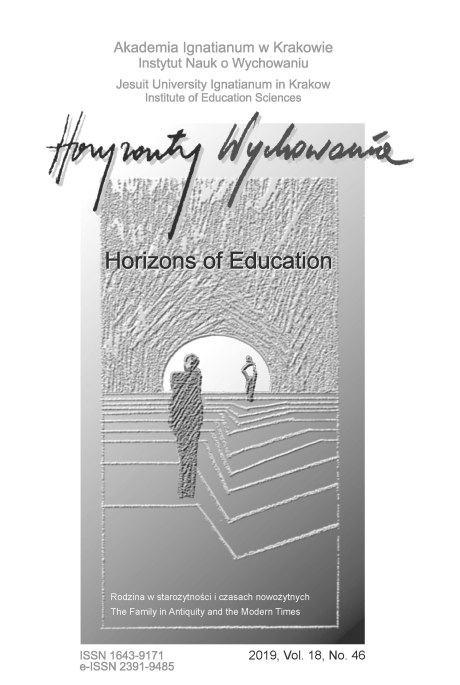Getting Married in Late Medieval England and Poland
Getting Married in Late Medieval England and Poland
Author(s): Dominika RuszkiewiczSubject(s): Customs / Folklore, Geography, Regional studies, Middle Ages, Family and social welfare
Published by: Uniwersytet Ignatianum w Krakowie
Keywords: love and marriage; the Middle Ages; family; dowry; marriage vows;
Summary/Abstract: RESEARCH OBJECTIVE: The aim of article is to examine the principles of and conditions for contracting a valid and successful marriage among members of the landed classes in fifteenth-century England and Poland. THE RESEARCH PROBLEM AND METHODS: An analysis of marriages contracted in medieval England and Poland was carried out using a comparative approach. Authentic fifteenth-century sources were consulted, such as the Paston letters in the case of England, and – for lack of a similar collection in the Polish archives – documents such as court records, episcopal statutes, annals or chronicles, and others, in the case of Poland. THE PROCESS OF ARGUMENTATION: The article first presents factors determining the choice of spouses, including socio-economic, political and emotional. Secondly, the ways of conducting prenuptial negotiations are presented. The final section is focused on the exchange of the marriage vows. RESEARCH RESULTS: The comparison of practices related to marriage contracts in medieval England and Poland shows that even though love matches are less well documented than marriages of convenience, love did take precedence over custom in a number of cases in both countries, with the only absolutely necessary condition for contracting a valid marriage being verba de praesenti (the words of present consent) exchanged by the partners. CONCLUSIONS, INNOVATIONS, AND RECOMMENDATIONS: The added value of the analysis was to reveal certain differences between English and Polish literary cultures. While in fifteenth-century England personal letters were written in the vernacular, in Poland the letters, as well as other historical sources, were still largely composed in Latin by professional writers. These still need to be translated into modern Polish and English if they are to be accessible to a wider audience.
Journal: Horyzonty Wychowania
- Issue Year: 18/2019
- Issue No: 46
- Page Range: 41-51
- Page Count: 11
- Language: English

